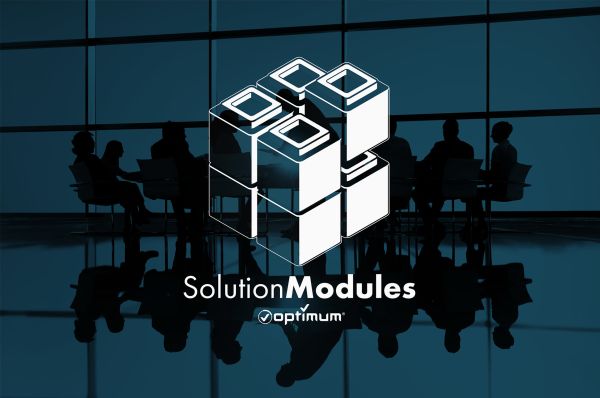
Simplifying Development with Optimum Solution Modules
Simplifying the development process is crucial for efficiency and productivity. One approach that has gained significant traction is the use of modular software like Optimum Solution Modules. By breaking down complex systems into smaller, self-contained modules, developers can streamline development, enhance code reusability, and promote collaboration. In this article, we will explore the concept of modular software and its benefits in simplifying the development process.

Benefits of Optimum Solution modules in Development
By dividing software into modules, developers can focus on individual components, simplifying debugging, testing, and maintenance. Each module can be developed independently, allowing for parallel work and reducing time-to-market.
With Optimum Solution Modules, developers can create reusable components that can be utilized in multiple projects. This not only saves time but also ensures consistent and reliable functionality across different applications. Moreover, updating or fixing issues in a specific module becomes easier and doesn't require modifications to the entire software.
Modular software promotes collaboration among developers by allowing them to work on different modules simultaneously. This fosters teamwork and enables teams to efficiently integrate their work. Additionally, modular architecture facilitates scalability as new modules can be added or removed without affecting the entire system, making it easier to adapt to evolving business requirements.
Implementing and Development
To simplify development with Optimum Solution Modules, it is important to start by analyzing the software requirements and identifying the logical components that can be encapsulated as modules. This involves breaking down the system into smaller, manageable units. Additionally, determining the dependencies between modules is crucial to ensure proper integration. By understanding how modules interact with each other, developers can design a cohesive and efficient architecture.
Defining clear and standardized interfaces between modules is another key aspect of modular software development. These interfaces facilitate communication and interoperability between different modules. Well-defined interfaces promote module independence, allowing changes in one module to have minimal impact on others. This reduces the risk of system-wide disruptions when modifications are made.
In order to promote code reusability and collaboration, it is recommended to develop reusable code modules that can be easily shared across projects. This not only saves development time but also ensures consistency in functionality. Establishing a repository or library to store these modules makes them accessible to the development team for future use.

Enabling Flexibility and Scalability
Modular architecture is a game-changer when it comes to enabling flexibility and scalability in software projects. Unlike monolithic systems, where making changes or adding new features can be a daunting task, modular software offers a more agile approach. With Optimum Solution Modules, new modules can be added or existing modules can be modified without impacting the entire system.
This flexibility allows developers to adapt the software to changing business requirements with ease. As market needs evolve and new functionalities become necessary, developers can simply develop and integrate new modules into the existing software infrastructure. This modular approach empowers businesses to stay ahead of the curve and quickly respond to market demands.
Moreover, modular architecture also plays a vital role in enabling scalability. Organizations can scale specific modules based on demand without affecting the entire application. This means that resources can be allocated to specific modules to handle increased workloads or accommodate growing user bases. By scaling only the necessary components, businesses can optimize resource utilization and ensure optimal performance without incurring unnecessary costs.
Conclusion
Revolutionize your development process with Optimum Solution Modules, the ultimate solution for simplifying complexity. Our modular software breaks down intricate systems into manageable components, enabling faster time-to-market and effortless maintenance. Embrace the power of adaptability and stay ahead of changing requirements. With our cutting-edge modules, development teams can streamline workflows, enhance productivity, and deliver top-notch software solutions efficiently. Experience the difference for yourself by signing up for a free consultation. Let us demonstrate the transformative potential of Optimum Solution Modules in revolutionizing your development journey.